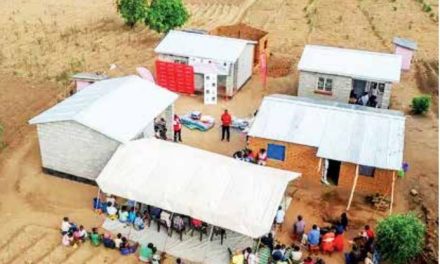
The Future of Islamic Banking in Malawi: Charting a Path Forward
Islamic Banking is steadily reshaping Malawi’s financial sector, offering ethical, inclusive, and innovative alternatives to conventional banking. Built on principles of equity and transparency, it prohibits interest (riba), speculation (gharar), and investments in harmful industries. This appeals not only to Muslims but also to others who value fairness in financial dealings.
Opportunities for Growth
Islamic Banking is uniquely positioned to address Malawi’s economic needs:
- Agriculture: Models like Mudarabah (profit-sharing) and Salam (advance payment) empower farmers by sharing risks and profits.
- SMEs and Startups: Solutions like Musharakah (partnership financing) and Ijara (leasing) foster entrepreneurship and job creation.
- Financial Inclusion: Qard Hasan (benevolent loans) and microfinance bring banking to rural, unbanked populations.
Challenges Ahead
- Awareness: Public understanding of Islamic Finance is limited. Banks must invest in educational campaigns.
- Regulatory Support: Policies must balance Sharia compliance with robust oversight.
- Infrastructure: Specialized systems and expertise are critical for Islamic Banking’s success.
A Path to Sustainability
Islamic Banking’s focus on risk-sharing, asset-backed financing, and community welfare makes it resilient and impactful. By addressing poverty, unemployment, and inequality, it aligns with Malawi’s socio-economic goals and global trends in ethical finance.
Collaboration for Success
For Islamic Banking to thrive, partnerships between banks, regulators, and communities are essential. Educational institutions can prepare professionals to lead the sector, while public-private collaborations can expand access to underserved areas.
Islamic Banking offers Malawi a transformative opportunity to redefine its financial landscape. Its success will depend on collective efforts to build an ethical, inclusive system that fosters sustainable growth.
































